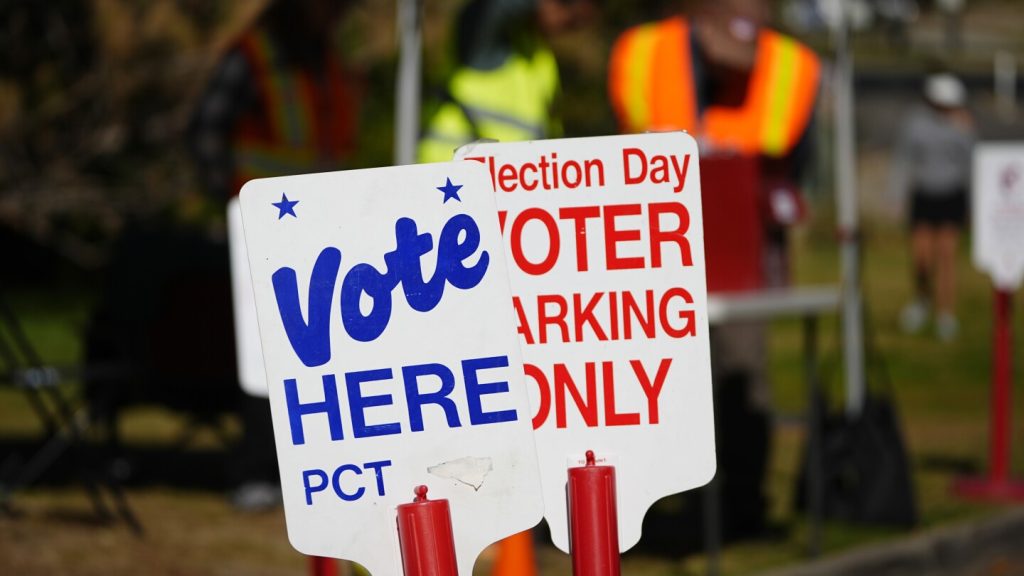Foreign adversaries, including Russia, China, and Iran, have increased their efforts to meddle in American politics ahead of the upcoming presidential election. These nations are using tactics such as disinformation campaigns, cyberespionage, and fake videos to undermine confidence in the election process. Despite these threats, officials say that the U.S. election system is secure enough to prevent any foreign nation from altering the results on a scale that could change the outcome. However, these authoritarian adversaries are targeting campaigns and voters to sow discord and distrust.
Russia has been identified as the most active and sophisticated nation working to manipulate the U.S. election. The Kremlin’s disinformation apparatus focuses on divisive issues like immigration, crime, and disaster relief to weaken the U.S. and erode support for Ukraine. Russia has been supporting former President Donald Trump by using disinformation to smear his Democratic opponent, Vice President Kamala Harris. These efforts include creating fake videos that make false allegations against Harris and her running mate, as well as paying American influencers to spread the Kremlin’s preferred narratives. The goal is to exploit claims of election irregularities and incite violent protests after the election.
Iran has also been involved in foreign interference, particularly through hack-and-leak operations targeting the Trump campaign associates. The Iranian hackers have tried to offer stolen communications to media organizations and Democrats in an attempt to damage the Republican’s prospects. In addition to cyberoperations, U.S. officials have expressed concerns about the potential for Iran to carry out violence on U.S. soil against Trump and members of his administration. Iranian leaders may also try to encourage violent protests after the election. Nevertheless, Iranian authorities have denied any intention or motive to interfere in the U.S. election.
China, on the other hand, is believed to be taking a more neutral stance in the election and is focusing on down-ballot races rather than the presidential campaign. The Chinese government, however, has a history of sophisticated hacking operations targeting various aspects of Western life and industry. Recently, it was reported that Chinese hackers targeted cellphones used by President Trump, his running mate, and people associated with Vice President Harris’ campaign as part of a broader espionage effort. While China claims to be routinely victimized by cyberattacks and opposes such activities, it remains a significant player in the realm of foreign interference.
These foreign meddling tactics are not new and have been observed in previous election cycles with varying degrees of success. In 2016, Russian military intelligence officers hacked into the email accounts of Hillary Clinton’s campaign and the Democratic Party to boost Trump’s presidential campaign. The same year, Russia engaged in a hidden social media trolling campaign to sow discord in the American electoral process. Similar interference continued in the 2020 election cycle, with Iranian hackers targeting The Proud Boys group to harm Trump’s candidacy. As a response, U.S. officials have been working to aggressively call out foreign threats to reduce their impact and assure Americans of the election’s security.


